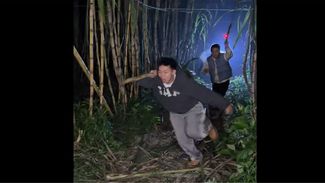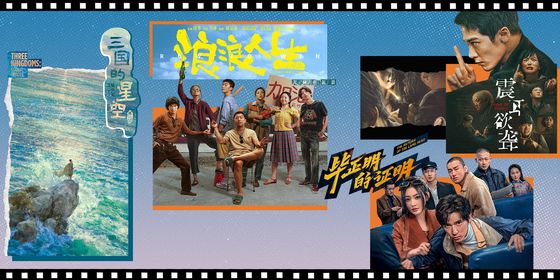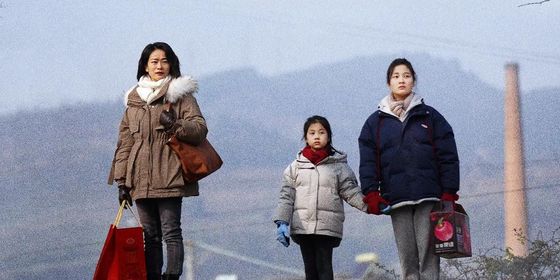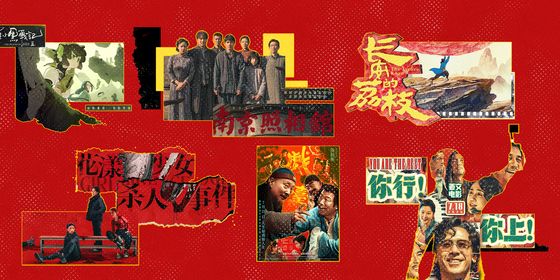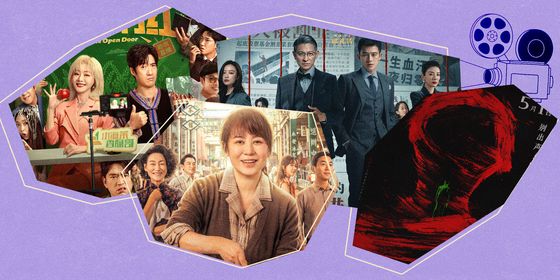The actual meaning of movie names
When Hollywood films are imported, their content need to be adapted for Chinese audiences on a basic level—language.
Previously, we’ve talked about how inaccurate subtitles for Avenger: Age of Ultron ruined the movie for many viewers, and the internet is full of examples of hilarious attempts at translations to English gone wrong.
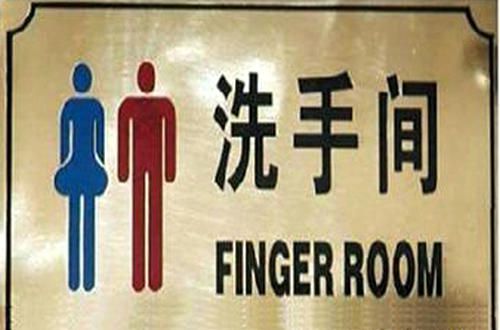
Completely accurate? (China Whisper)
When promoting a film, the first step is to come up with a name in Chinese. There are many different methodologies when it comes to the translation. Some may prefer a more literal switch. Others feel something descriptive would do the trick. Then there are those that seemingly have no basis in logic at all.
This random approach in how English language movies are converted for China is not just something to laugh at for foreigners. Expats and tourists in the country may often have trouble identifying a film because the Chinese title is so different.
So to help, we take a look at seven English-language films that are either showing now or coming up later this year and rate them on how good their title is for both Chinese and foreign audiences.
异星觉醒 (Yì xīng juéxǐng)

Translation – Alien Awakening
Actual Title – Life
Rating: 5/10
It is clear that translators went with a title that gives much more information to the viewer. It describes the plot of the film more clearly than simply “life” which leaves it more up to the viewer to discover. The downside is that with a word like “alien” in the title, it could really refer to any film about extraterrestrials (Alien: Resurrection comes to mind).
亚瑟王:斗兽争霸 (Yàsèwáng: Dòu shòu zhēngbà)

Translation – King Arthur: Fighting Beasts for Supremacy
Actual Title – King Arthur: Legend of the Sword
Rating: 3/10
OK, so it’s really obvious what film this is. Unfortunately, as someone who has yet to see the film, I would be expecting an epic sword and board fantasy à la Lord of the Rings or The Great Wall. It could be that “legend of the sword” really doesn’t translate well and sounds stupid in Chinese (宝剑传奇 would be my best attempt and it does sound terrible). It may also be a sly misdirection to garner more viewers. It probably won’t work.
神奇女侠 (Shénqí nǚ xiá)

Translation – Magical Heroine
Actual Title – Wonder Woman
Rating: 9/10
Almost the perfect translation, as it neither adds nor takes away any pieces of information. The only issue (for the pedantics among you) is the inclusion of the character 侠. By itself, it means a “chivalrous swordsman” but has now been adopted to be able to represent any masked hero (Iron Man 钢铁侠, Batman 蝙蝠侠, Daredevil 超胆侠), though there are exceptions (Deadpool 死侍). However, unmasked heroes generally never have that character in their name. Wonder Woman doesn’t wear a mask and deserves an original Chinese moniker.
新木乃伊 (Xīn mùnǎiyī)

Translation – New Mummy
Actual Title – The Mummy
Rating: 8/10
Perhaps an ingenious marketing ploy to get Chinese audiences intrigued about the original Mummy film. Or maybe Chinese translators just hate the idea of having two films with the same name. In any case, how can a mummy be “new” and still be a mummy?
异形:契约 (Yìxíng: Qìyuē)

Translation – Heteromorphism: Contract
Actual Title – Alien: Covenant
Rating: 9/10
While “heteromorphism” may not bring the Alien franchise to mind for foreigners, it has been the name used for every movie in the series for the Chinese. The consistency gives it extra marks, even if it isn’t really what the translation should be. For the second half of the title, translators simply decided to play the synonym game to find the best sounding Chinese words.
神偷奶爸3 (Shéntōu nǎi bà 3)

Translation – God of Thievery Milk Daddy 3
Actual Title – Despicable Me 3
Rating: 1/10
OK, so instead of any translating, the title has been completely remade into a description of the movie’s main character in order to appeal to the younger Chinese audiences. The worst part is that when the first Despicable Me film was released, it was originally called 《卑鄙的我》which both directly translates into “despicable me” and doesn’t sound like “generic children’s film”. To clarify though, “milk daddy” when translated a little less directly means “surrogate father”. Even then, it’s a bit weird here.
星际特工:千星之城 (Xīngjì tègōng: Qiānxīng zhīchéng)

Translation – Interstellar Special Agents: City of a Thousand Stars
Actual Title – Valérian and the City of a Thousand Planets
Rating: 2/10
A few aspects make this a bad translation. Firstly, although the section pre-colon is fairly descriptive, its construction is too similar to Star Trek 《星际迷航》 and may easily confuse audiences, especially since Trek is a very well established name. Secondly, stars are not the same as planets. In Chinese, the word for planet can include the character for star (星), but is normally used in conjunction with another character (行星). On its own, it is more often than not associated with “star”. Finally, they added punctuation that was not in the original. Thus, my camel’s back is now broken.
Images from Mtime


